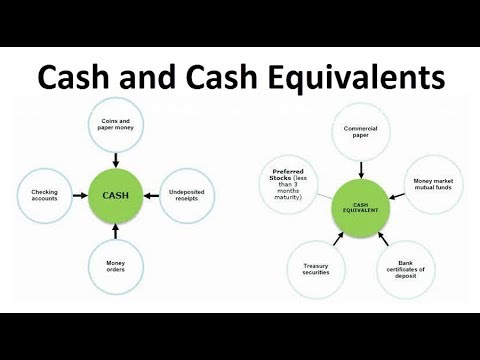
Think of your checklist as a guide to keeping your finances on track. These reports offer a financial glimpse into your business and help components of the income statement you track your performance over time. That way, you can focus on scaling your business while keeping your finances in order. Sign up for a free 30-day trial with Link My Books and transform how you handle your finances.
Importance of Having a Checklist for Bookkeepers
If your business is young, you may want to check your company’s financial performance more often. We recommend doing financial health inspections monthly and then quarterly. As the business stabilizes, you can do them twice a year and then yearly moving forward. In short, inventory bookkeeping tracks the value a company holds, since assets are important.
Maintaining General Ledger: Updating and Balancing Financial Accounts
- Accountants use the records a bookkeeper provides and their own expertise to help build budgets, assess finances, and make business decisions.
- You want to avoid these hitches because they can throw off your entire system.
- Assuming you’ve already set up your EIN and have your employees fill out the necessary forms, there are several other steps.
- Lastly, keep a copy of each employee’s most recent pay stubs on hand so you can reference them if any questions arise.
- More commonly, entrepreneurs use comprehensive accounting software like QuickBooks that can handle a larger volume of transactions and provide a deeper analysis.
Every business needs a bookkeeping checklist to organize financial records and ensure smooth operations. Completing these tasks throughout the year can help keep your business on the right path. This last of our short list of bookkeeping tasks is a great way to round them off.
Etsy VAT: Complete Guide for Sellers in 2024
Basic requirements for bookkeeping include accurate record-keeping, organized documentation, regular reconciliation, and compliance with financial regulations. Our tool how do you find net income with total assets and liabilities and dividends also ensures you don’t overpay VAT and tracks the cost of goods sold (COGS) accurately, all of which provide a clearer picture of your finances. Regularly reviewing them ensures you stay on top of your obligations, avoid late fines, and maintain good relationships with vendors, creditors, and tax authorities.

Improper payroll management can lead to big issues for your business. In addition, with proper payroll file updates, you can see how much you spend on salaries compared to how much the business earns from the work that they do. Next on our list of bookkeeping duties and responsibilities has to do with both employee and expense management. Sometimes a worker will pay for a business expense out of pocket and request reimbursement later. There are also specific considerations regarding taxation on employee expense reimbursements.
If the business purchases sundry items using cash, a petty cash system will need to be in place. A record of all transactions will be kept and updated to the accounting software. If you do not get paid by a customer on time, it can cause cash flow problems. Credit control procedures will need to be put in place and checked each day if invoices require chasing for payment. If customers do not pay on time, debt collection letters or court action may be needed. Bank reconciliation ensures that all transactions are posted correctly to the accounts.
The general ledger is like the master book that contains your COA, and sub-accounts like accounts payable and accounts receivable. This ledger includes your journal or transaction entries and journal descriptions. Because maintaining a ledger requires double-entry accounting, it how to calculate depreciation expense for business also includes columns for debits and credits. Accounts receivable, on the other hand, is all payments owed to a company by their customers for a provided good or service.
Overall, making daily deposits goes a long way toward keeping your clients’ finances in order. Plus, it ensures the accurate application of tax rates, prevents VAT overpayments, and provides more insight into your finances. In this section, we’ll address common questions about managing your financial records through bookkeeping. This process typically involves reconciling your bank accounts, reviewing all entries for accuracy, and closing out the books for the month. The debited account is the one that receives or loses value, and the credited account is the one that gives or gains value. The golden rules of accounting can help ensure that your bookkeeping is accurate and up-to-date.
They do aging analysis, which is looking at which receivables and payables are coming up due or overdue. If you are a business that is just getting off the ground, you might benefit more from DIY bookkeeping. A lot of accounting software is designed to be user-friendly and some have free plans. Some companies keep both written and local digital records for their books, while others export their data to accounting software. The benefit of backing up data to accounting software is that most of these tools automatically back up their data into cloud storage. Reporting and analysis are also essential parts of your bookkeeping job duties.
Additionally, be sure to update your records regularly so you can catch any errors. Lastly, keep a copy of each employee’s most recent pay stubs on hand so you can reference them if any questions arise. First, it enables you to verify all invoices are accounted for and paid promptly. Second, it prevents late fees and other penalties from accruing. Finally, it provides a clear record of spending that can be helpful in budgeting and financial planning.


